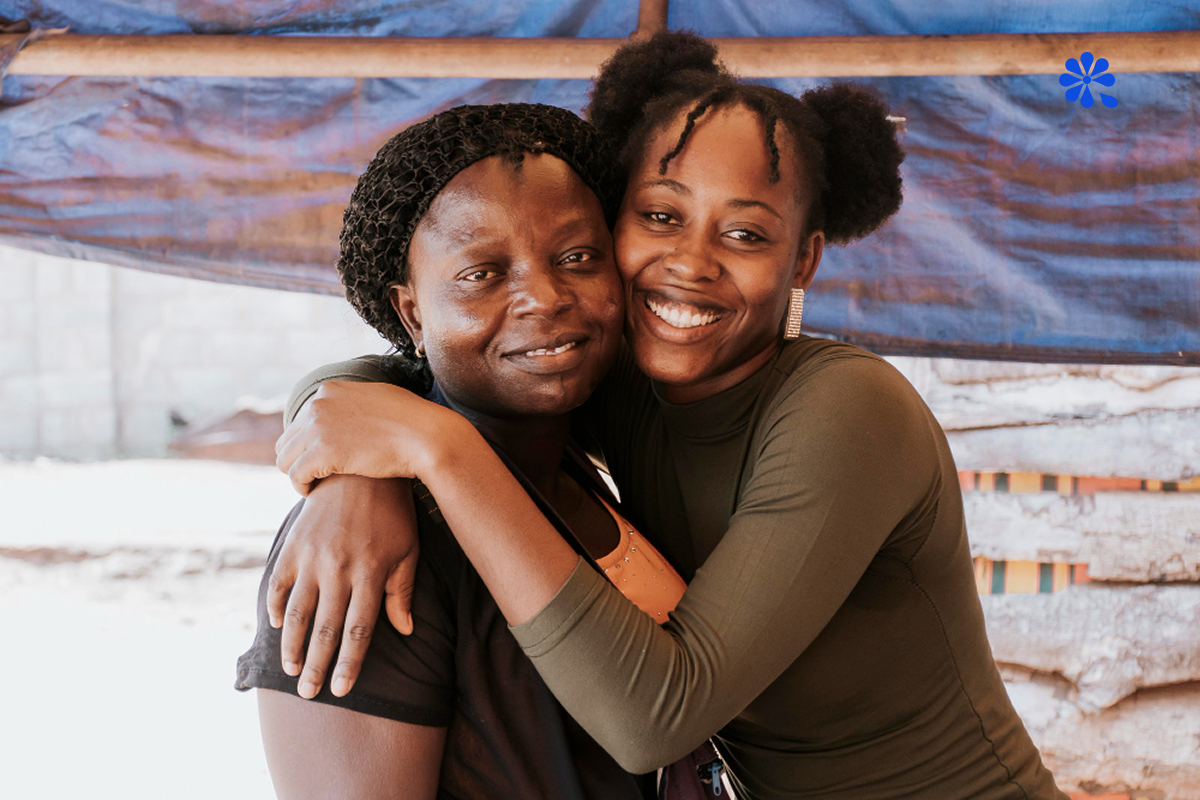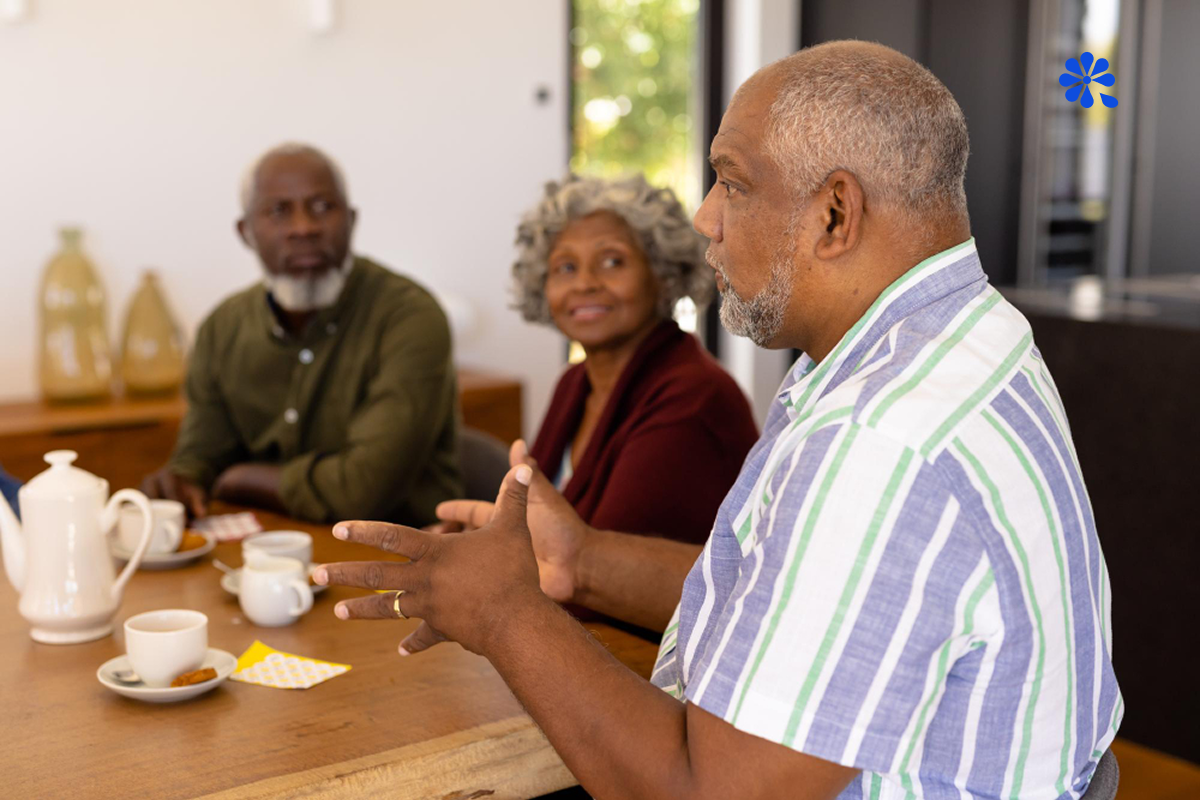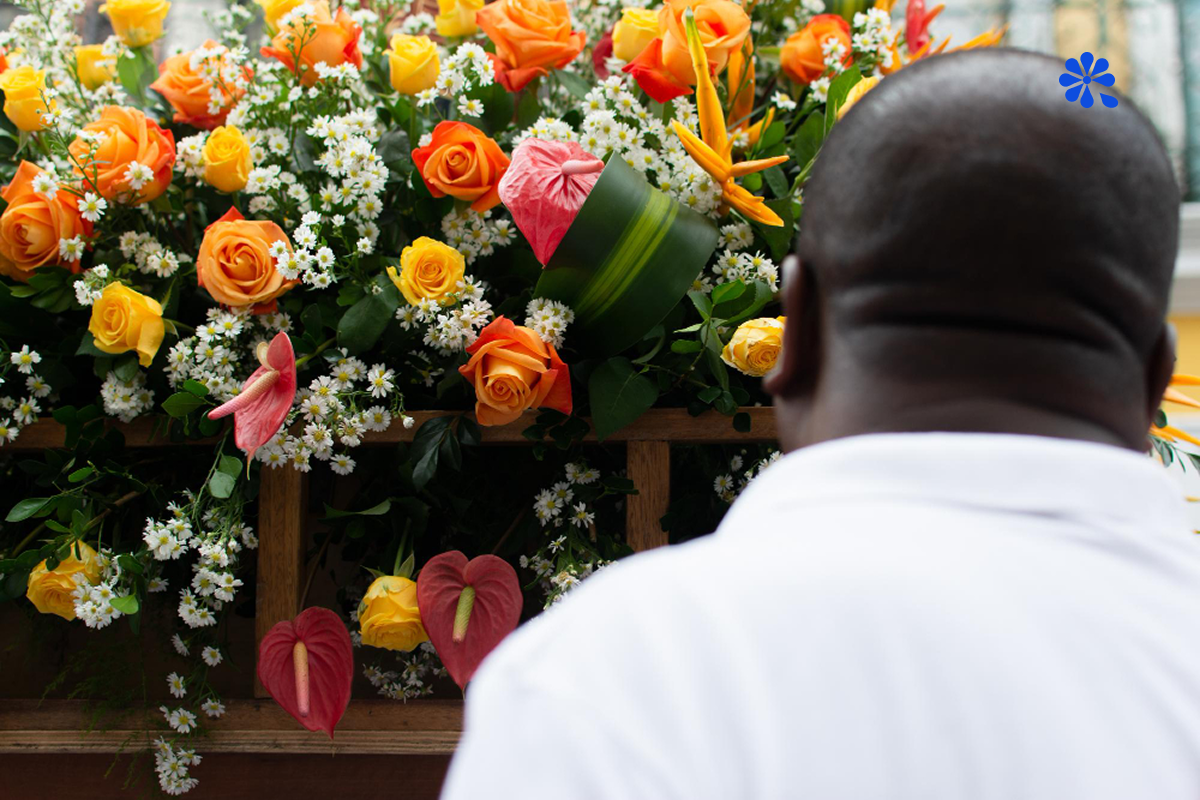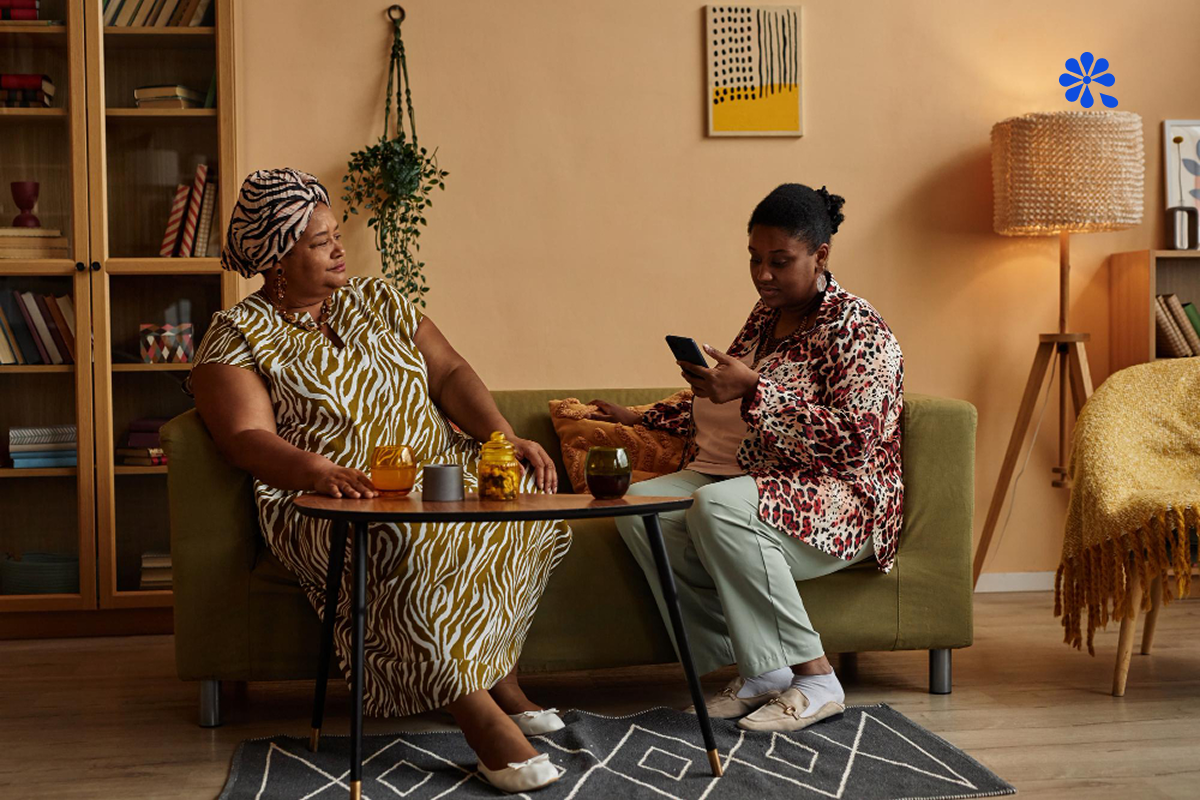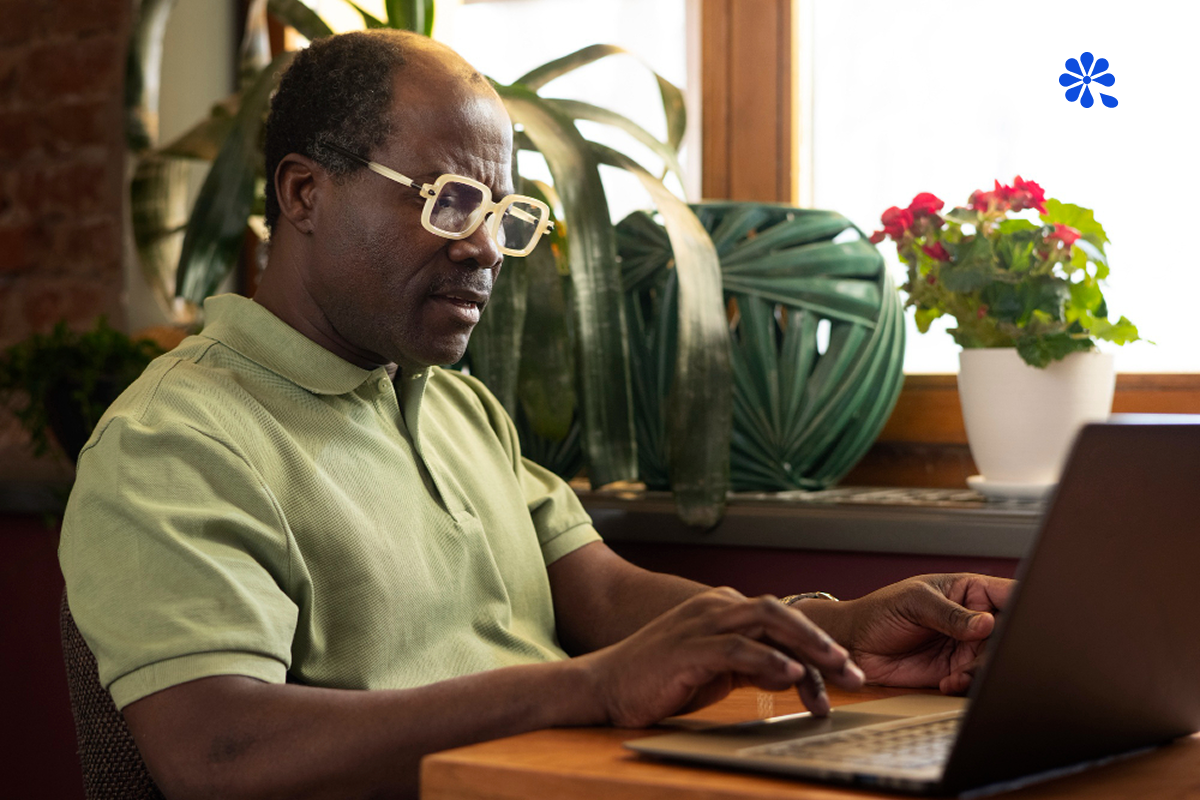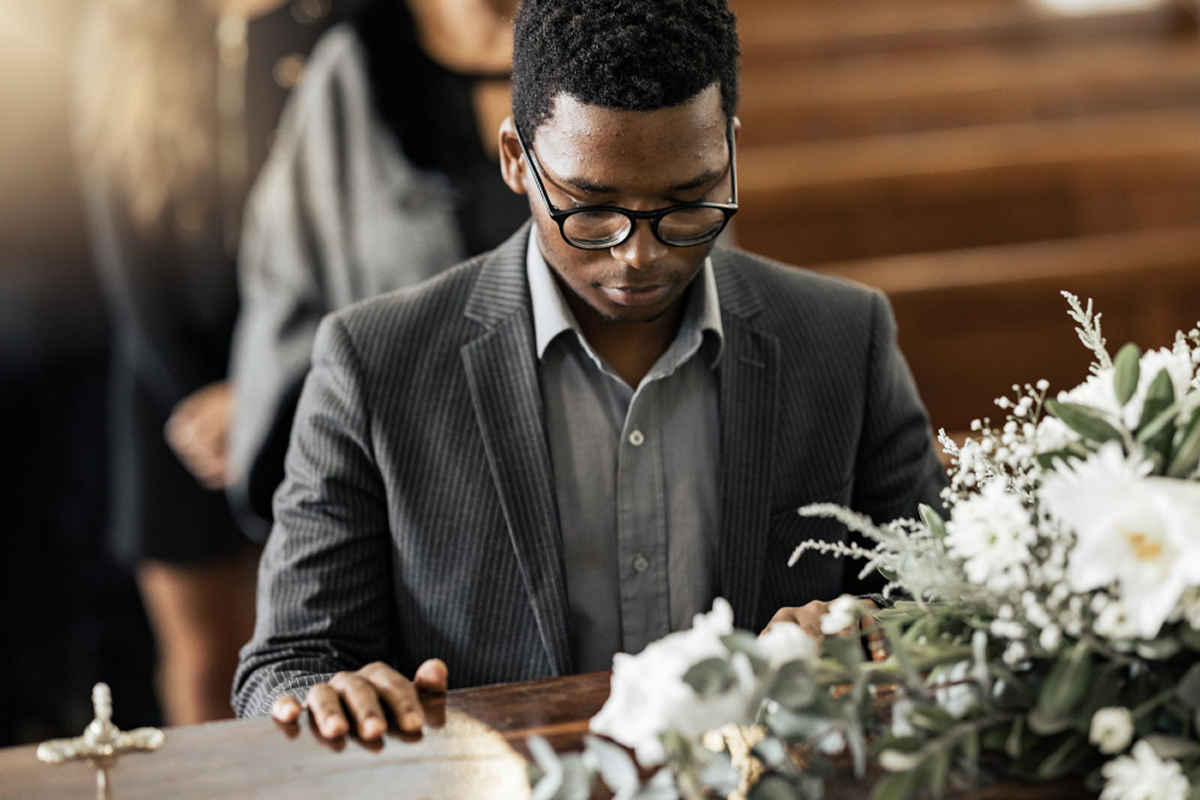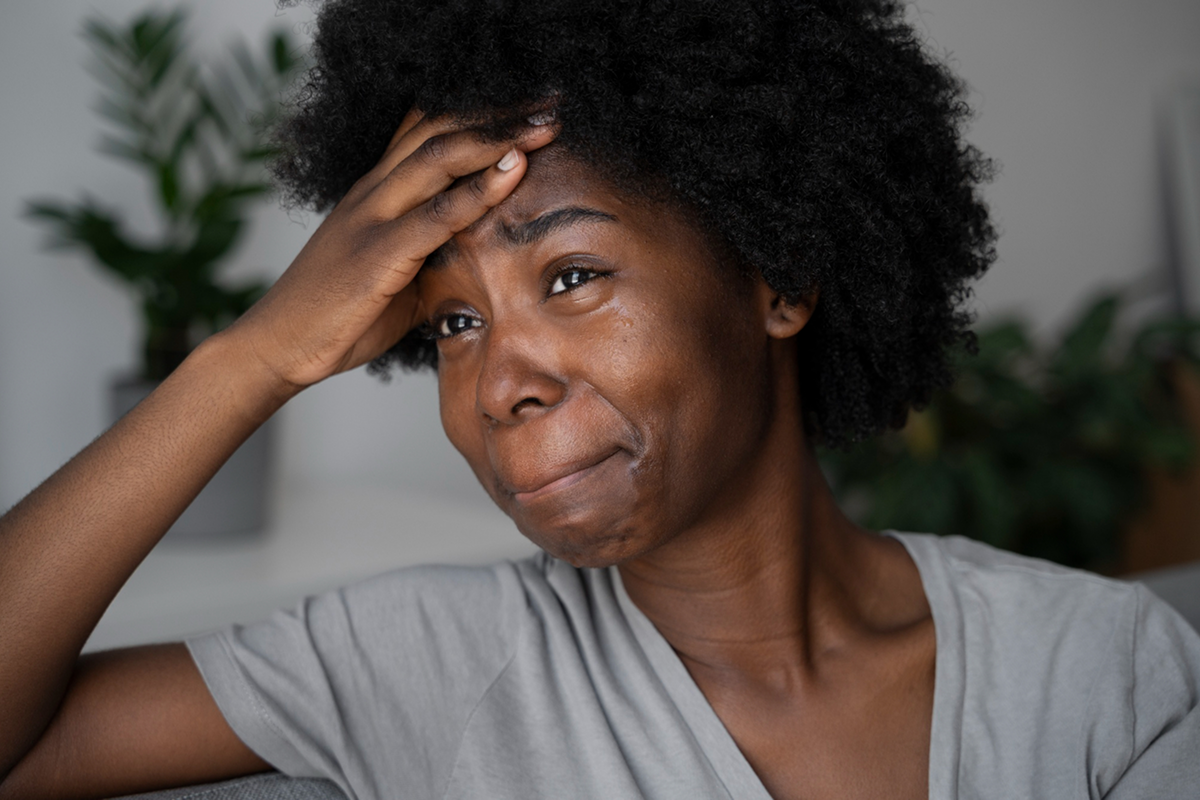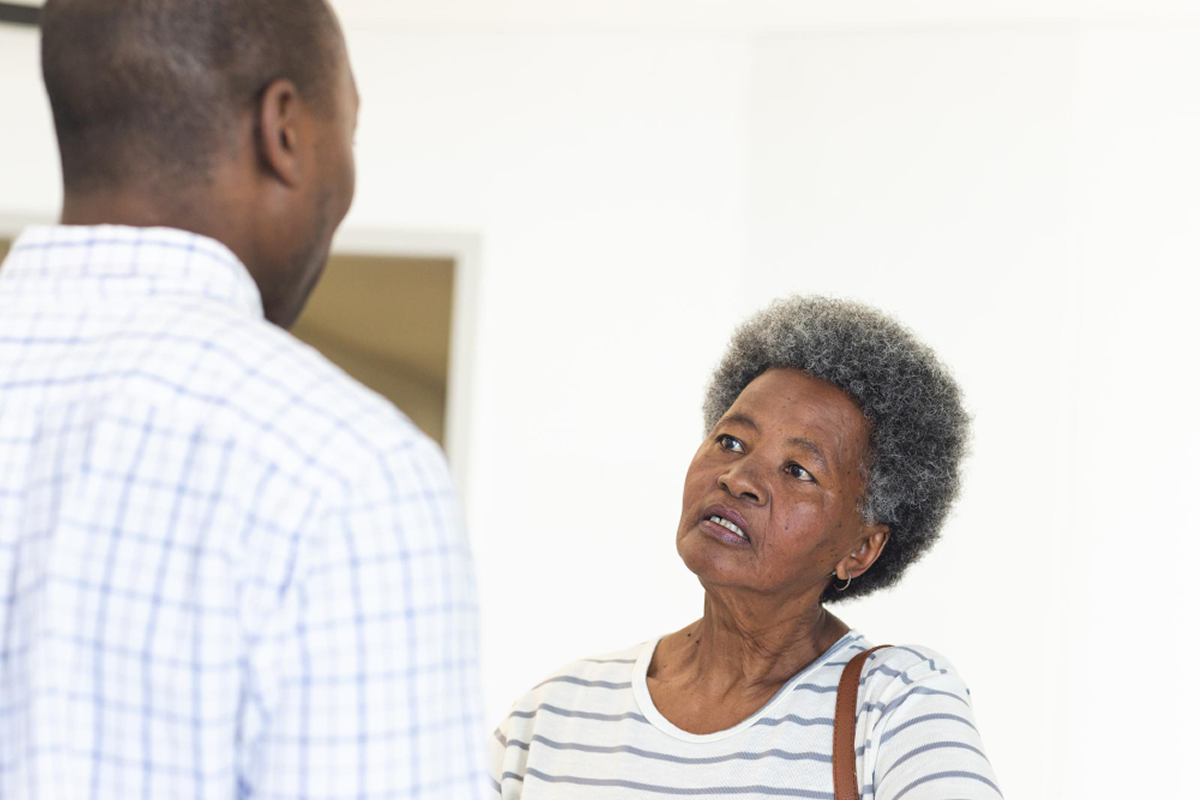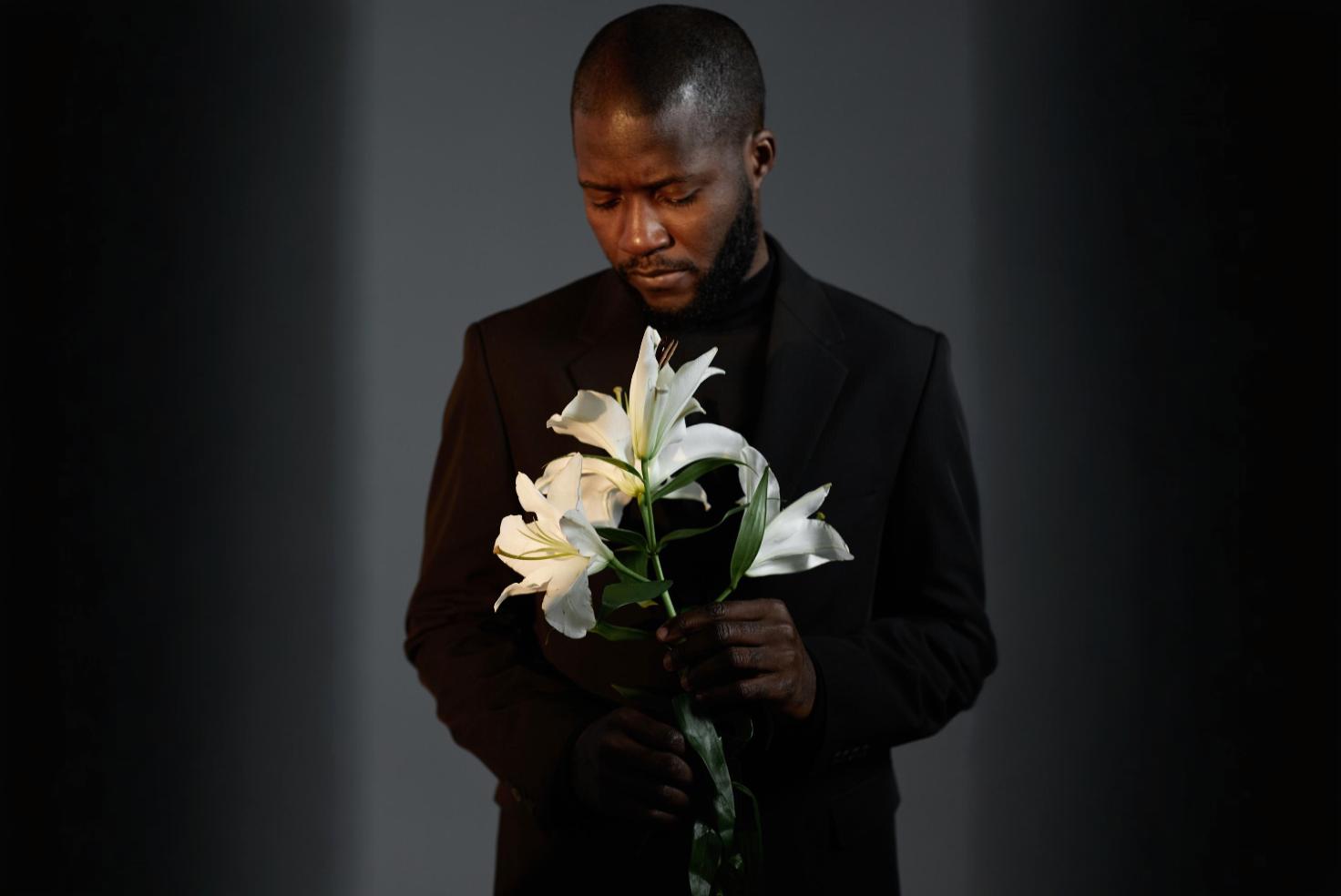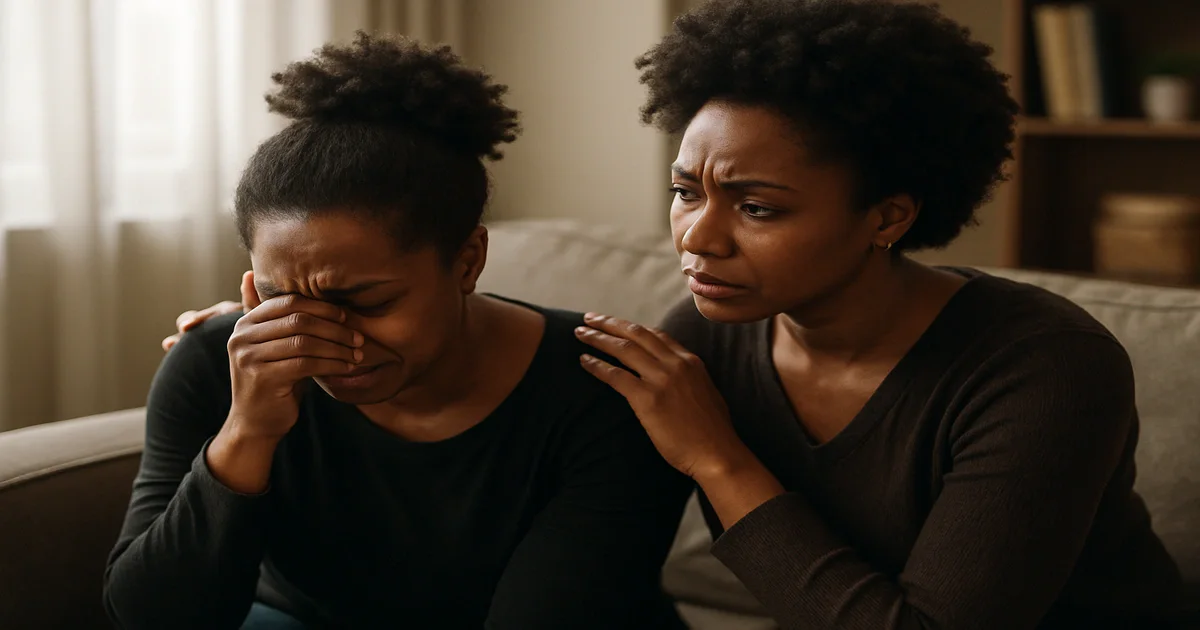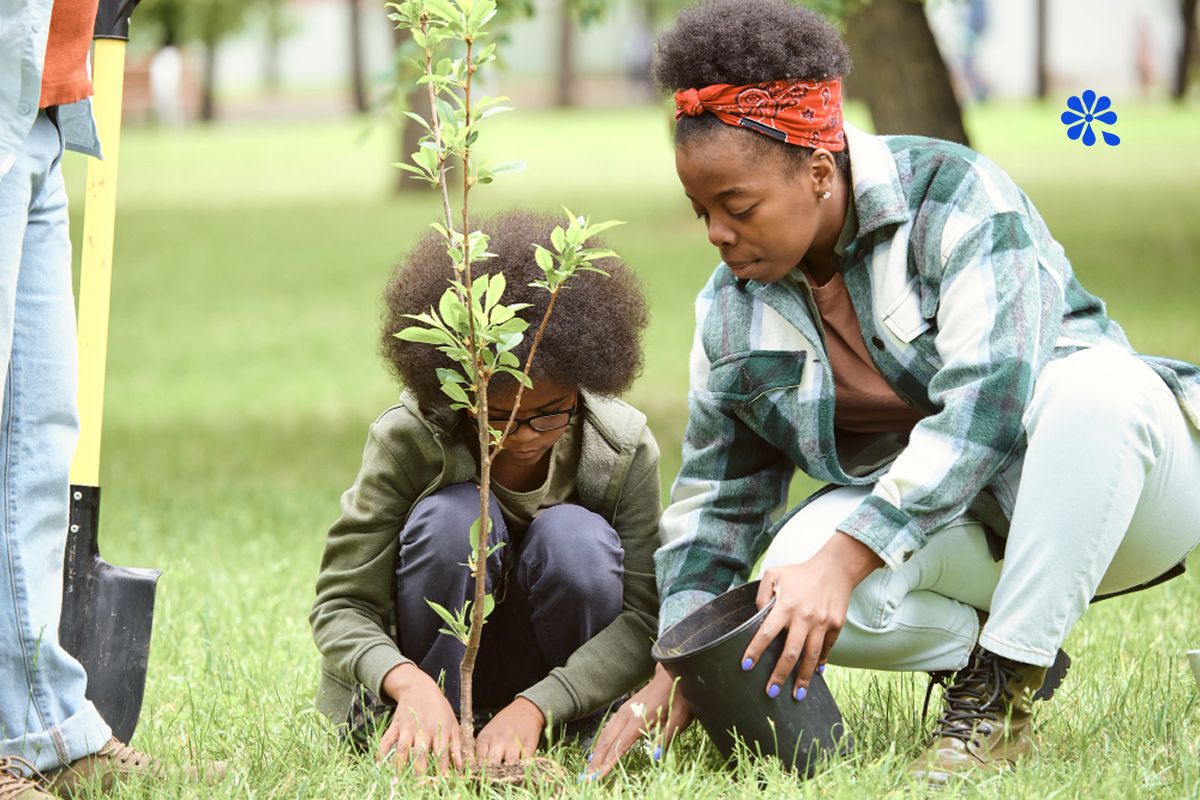Grieving the loss of a loved one is never easy. For many families, finding new ways to remember and celebrate someone’s life is an important part of healing. One growing trend is the use of digital memorials – online spaces where people can share stories, photos, and memories.
What Are Digital Memorials?
A digital memorial is an online tribute created in memory of someone who has passed away. It can be a simple webpage, a social media tribute, or a dedicated platform where friends and family can leave messages, light virtual candles, or post photos and videos. These memorials often include timelines of the person's life, favorite music, or even recordings of their voice.
Beautiful image of the mountains
Why Are They Becoming More Popular?
In today's connected world, many of our memories are already online. Digital memorials allow people to gather and grieve together, no matter where they live. Loved ones can visit the memorial at any time, from anywhere, making it a comforting space to return to when missing someone.
Digital memorials also last longer than physical objects. Flowers fade and papers get lost, but an online tribute can remain for years, preserving precious memories for future generations.
The Benefits of Digital Memorials
- ·
Accessibility: Family and friends can access the memorial anytime, from any part of the world.
- ·
Community: Many platforms allow multiple people to contribute, creating a shared space full of love and remembrance.
- ·
Customization: You can add personal touches like favorite quotes, music, or themed backgrounds that reflect the person’s personality.
- ·
Longevity: Digital memorials are safe from weather and time, offering a lasting legacy.
How to Create a Digital Memorial
Creating a digital memorial is easier than ever. There are websites dedicated to this purpose, or you can use social media platforms to create a memorial group or page. Some funeral homes also offer online tribute pages as part of their services.
When setting up a digital memorial, you can:
- ·
Choose a meaningful photo and background
- ·
Share stories, videos, or milestones
- ·
Invite others to post their own memories
- ·
Keep the page private or open, depending on what feels right for your family
A Modern Way to Remember
Digital memorials are a gentle and meaningful way to honor someone’s life. They provide a space for reflection, support, and ongoing connection. In times of grief, having a place where love and memories can live on brings comfort.
As technology becomes part of every aspect of our lives, it also offers new ways to hold onto what matters most. Digital memorials help ensure that the people we’ve lost are never forgotten, and that their stories continue to be shared.
If you are looking for a heartfelt, lasting way to remember a loved one, a digital memorial may be the right choice for you and your family.


